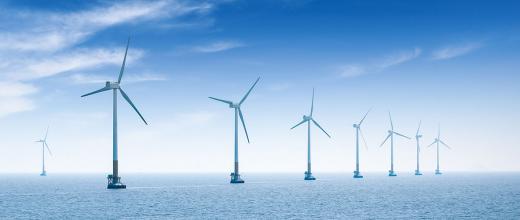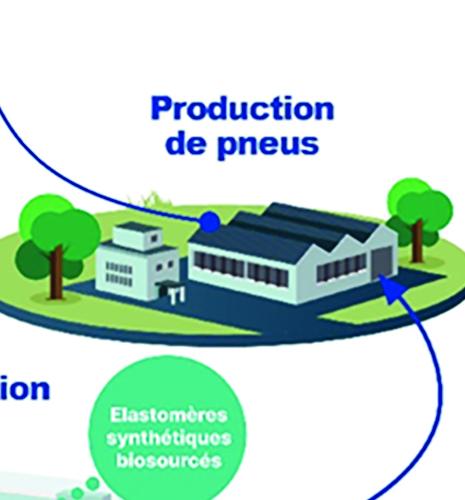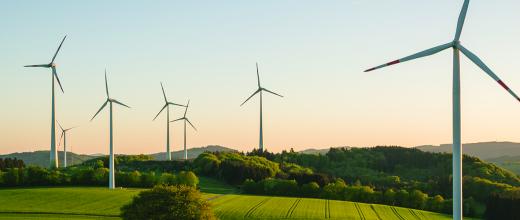
Issues and Foresight
Biofuels and e-fuels: renewable fuels of the future
How can more environmentally-friendly fuels be produced for cars, trucks, planes and boats? The answer lies in advanced biofuels and e-fuels! Produced from plant residues, organic waste, renewable electricity associated with CO2 molecules captured in the atmosphere or...

Issues and Foresight
Bio-based chemistry
Bio-based chemistry is chemistry in which fossil resources are partially or completely replaced by resources derived from biomass. In particular, it helps limit reliance on fossil resources for the production of certain types of products and reduces the environmental footprint of these products.

Issues and Foresight
An energy that surfs the waves
Technologies have progressed significantly and a whole host of different wave energy systems are in the process of being developed to convert this resource into electricity.

Issues and Foresight
Wind power: converting wind into electricity
Sailing boats, windmills, etc. Humans have made use of wind energy for centuries. Thanks to technological progress, today it is possible to produce “green” electricity without using fossil resources. We take a closer look at its development prospects and the remaining challenges to be overcome.

Individual page
Frederic BLONDEL
Research engineer
Frédéric graduated with a PhD diploma in Fluid Mechanics from Ecole Centrale de Lyon in 2014. Since then, he works as a research engineer at IFPEN. Frédéric’s reasearch focuses on both the

Innovation and Industry
Bio-based chemistry
BIO-BASED CHEMISTRY OVERVIEW AND CHALLENGES The development of base material production processes for the chemicals sector using biomass addresses a triple objective: use renewable raw materials in order to reduce greenhouse gas (GHG) emissions and tackle climate change, contribute to the development of a circular economy, reduce the chemical sector's

Innovation and Industry
Renewable energies
The energy transition and tackling climate change depend on the development of new renewable resources. IFPEN proposes processes for the production of fuels, bases for the chemicals sector and gas from biomass. IFPEN also uses its expertise acquired in the field of oil and gas to offer solutions for the

Innovation and Industry
Hydrogen: Our strengths
Hydrogen Our strengths Focused on new energy technologies and sustainable mobility, IFPEN’s R&I activities are aimed at developing competitive and sustainable technologies. IFPEN can support the development of the industrial hydrogen sector by contributing its expertise, with multidisciplinary teams and an international dimension (European projects, JIPs, partnerships). IFPEN’s cross-cutting positioning

Innovation and Industry
Hydrogen: Our networks
Hydrogen Our networks IFPEN plays an active role in several French and European networks, including Clean Hydrogen Alliance, Hydrogen Europe, France Hydrogène (AFHYPAC) and Evolen, and participates in numerous partnership projects and initiatives. IFPEN also contributes to efforts aimed at overcoming scientific challenges relating to the deployment of decarbonized hydrogen

Innovation and Industry
Hydrogen: Our solutions
IFPEN is developing economically sustainable technologies to integrate hydrogen into the energy mix. Natural hydrogen / Hydrogen production / Hydrogen transport and storage / Hydrogen conversion and use in mobility









